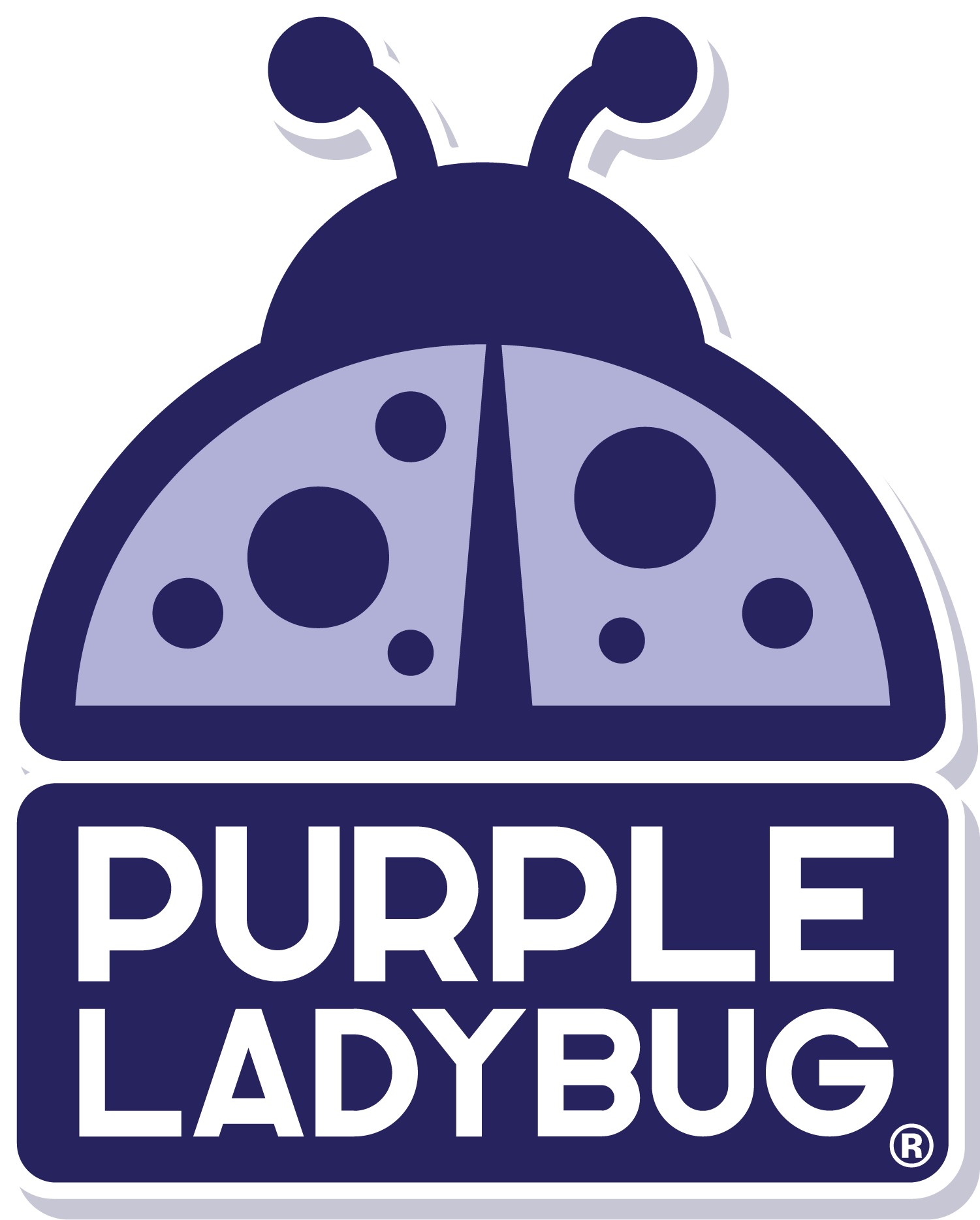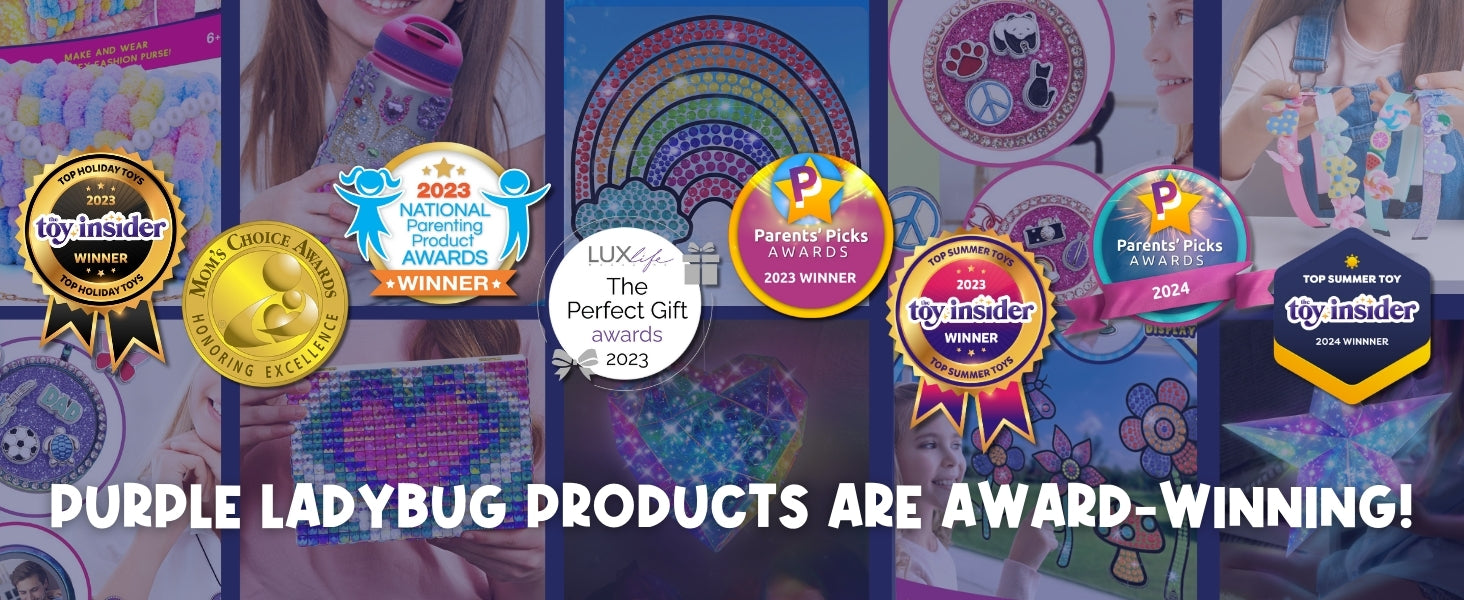The repetitiveness of handwriting practice can become boring for kids. If it’s not straight-lined writing paper, it's tracing alphabets. And if it’s not that, we know what mommy’s going to bring next—fill-in-the-gaps.
Kids learn better in an environment that:
- Is dynamic
- Stimulates their creative thinking
- Helps them understand that learning is for their benefit, and it can be fun, too!
Don’t make it seem like writing practice is a menacing or punishing process. Let them see how interesting and beneficial it can be. For example, next time your little ones write well (not during practice), you can go;
“Hey, it’s because of the training we had the other day!”
This way, they’ll begin to understand how the lessons help them. Add to that some interesting handwriting paper templates and styles like the ones we’ll discuss today, and they just might look forward to handwriting homework or practice.
Ready to take a smooth turn for your kids or students? Let’s get practicing!
Unlined Handwriting Paper With Color Cues for Preschool Kids
A great way to stimulate preschool kids into creating neat and organized work is by placing color cues. Simply paint different colors on an unlined handwriting paper and let your child know that each letter or number goes into a separate color block.
Now here's why this strategy is handy for preschoolers.
At this stage, kids' motor skills aren’t fully developed yet. According to Scholastic, children aged 3–4 should just be learning how to hold a pencil between two fingers—they have little coordination. Preschool kids should be learning to form alphabets appropriately—at most.
With lined paper, you might be tempted to restrict their alphabets to stay within the lines, which isn’t a necessity yet. But with color blocks on unlined paper, they have ample space to write their (giant) alphabets yet are guided on organizing their work.
To make each block big enough, you could divide one sheet into just four squares. As we mentioned, the primary goal for preschool kids is to know how to form alphabets and numbers, not necessarily how smart it looks.
Animated Visuals On Lined Paper (for Lowercase Alphabets)
A preschooler moving from unlined handwriting paper to first grade straight lines is going to need some time to adjust. To make it easier on them, use wide line widths and playful handwriting paper styles.
Placing visuals above and below the lines of printable handwriting paper is an interesting way to help them through this process.
These visuals serve as cues on how far they should go and when to stop, especially with long lowercase alphabets (l, g, h, f, t, y, or b). Some children tend to spill those letters into lines that aren’t meant for them. While for others, the letters don't reach high enough and dangle in the “air.”
Drawing a cloud above lines is a perfect example. Tell your child that alphabets like l and b have to reach the cloud, so it doesn't feel lonely. And the alphabet can't pass there, or the cloud would miss them!

As for letters like j and g, you could draw a sea underneath the lines. The alphabets, in this case, have to go meet Spongebob there!
Not good at drawing much? Our variety of stickers could serve as fantastic character cues.
Color Cues for Lined Writing Paper
Color cues are also useful for the “preschool to first-grade kid.” Here the colors act like traffic lights, telling students when to “go” and when to “stop.”
Lines colored green means “go,” so the alphabet starts from there. Underneath, place a red-colored line to show that the letter MUST reach that line and not exceed it.

Another creative style is drawing a “pool”. Simply paint printable lined paper in sky blue and tell your kid that the words are swimmers. If they haven’t finished swimming in one line, they can’t move to the next line.
Why does this method work? It helps to correct:
- Jumping lines in between sentences.
- Writing one word on a line, then skipping to another line when there’s still space on the previous one.
The child learns that the lines are there for a reason and starts to follow lined handwriting paper accordingly. Slowly and without pressure, they master how to write in notebook format.
Grid Lined Paper for Kids Transitioning to a Notebook
When kids are about to move from handwriting paper to regular notebooks, there’s a need for them to shape their handwriting.
Grid handwriting paper helps with word spacing and narrowing down the size of each alphabet. The grids are like color blocks but smaller and graphed within handwriting paper lines.
You could choose to create grids for letters or whole words. Either way, the child reduces their writing size so that each alphabet or word doesn't spill out of its designated grid on the paper.
Besides ensuring that words and alphabets stay within their boundaries, grid handwriting paper also ensures that enough space is given between words.
Some kids squish words together; it’s almost like they fear the paper would run out if they give a little space! So whilst learning to reduce alphabets to fit, they also learn that they can do this without compromising on the adequate spacing between words.
If you can’t find a handwriting paper with grids, you could use graph sheets. Alternatively, draw grids yourself on a plain lined sheet, using a ruler to measure the spaces.
Creative, Printable Handwriting Paper Templates
Whether it's straight lines or unlined writing paper, using creative words to practice handwriting is beneficial for:
- Reducing repetitiveness
- Giving the writing practice an additional purpose
- Boosting the child’s morale
You don’t always have to make kids trace words like “duck,” “cow,” or “bag.” Here are some innovative phrases to write out for kids to trace or rewrite:
|
Motivational Writing Paper Prompts |
Funny Writing Paper Prompts |
|
I am beautiful |
Spongebob Squarepants |
|
I will shine |
Don't erase this part! |
|
Live, laugh, learn |
Try not to sleep off while writing this |
|
Writing is fun |
Spelling words is not my favorite part |
Our positive affirmations free printable is a fantastic idea for more inspirational prompts. Download yours here!
Creative paper templates are good for first and second-grade handwriting activities like:
- Fill-in-the-gap.
- Spelling tests.
- Sentence construction development. For example, start a funny story and ask them to complete it, using cues for letter placements.
- Cursive handwriting practice.
You could also download our regular, printable handwriting paper templates for free. They save money spent on buying and energy burned on DIY.

Practice Makes Perfect
According to The Anonymous OT, children have to practice twice a week for 20 sessions before gaining significant growth in their handwriting.
Thus it's paramount to help your kid by constantly practicing in a healthy and funtastic environment.
Asides from giving them interactive writing paper templates to work with, another way to create this healthy environment is by rewarding them. For every achievement, let them know they did well.
The milestones don’t have to be Olympic moments, just little steps to getting better. Like when they’ve written ten lines or passed all spelling tests.
And the gifts don’t have to be Olympic medals, either. We have cute, inspiring rewards for kids such as:
- Scratch paper and bags
- Room decor
- Printable handwriting paper templates
- Stickers
It's been a long writing practice; you know your child deserves one of these medals.



